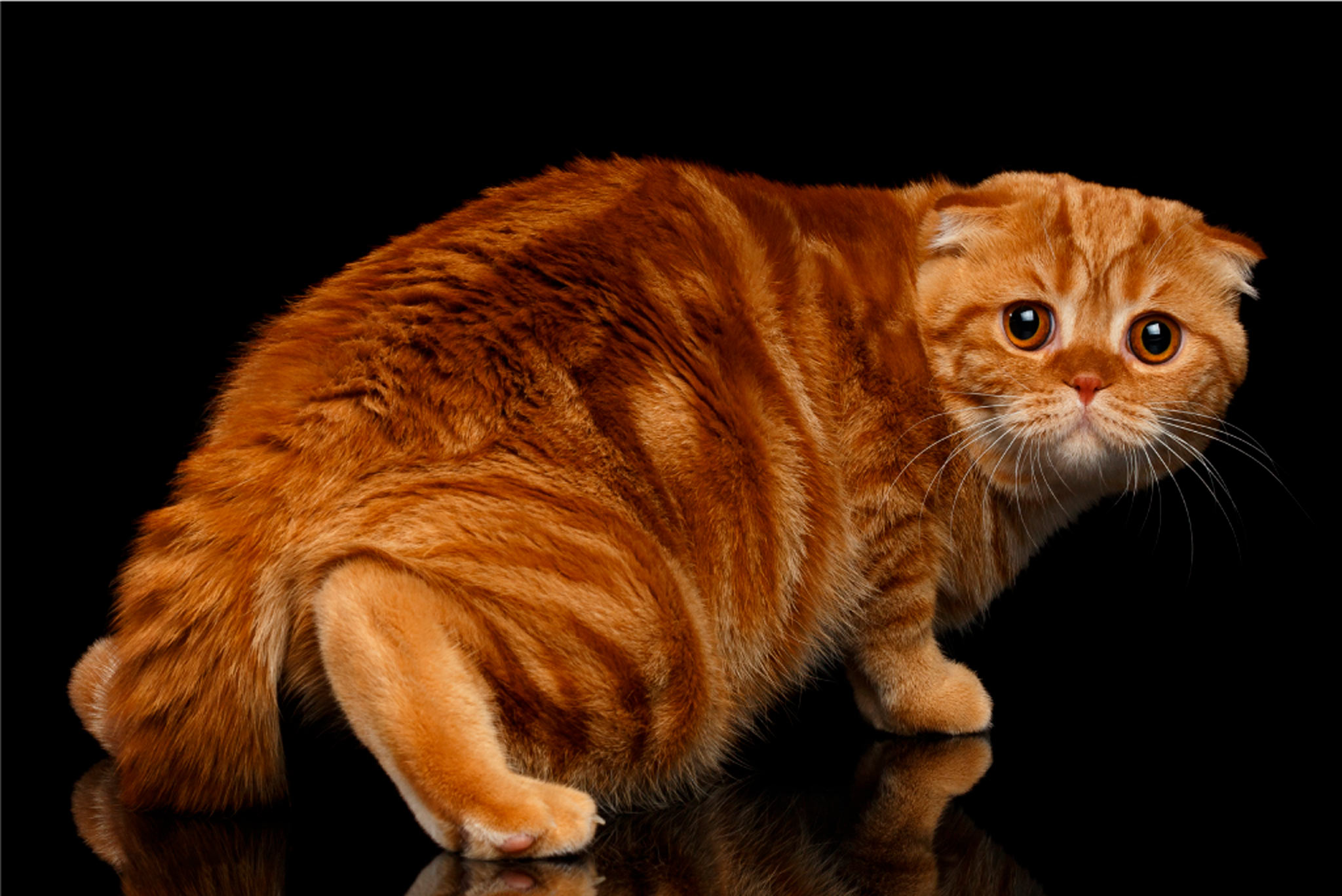For months, people have been facing the consequences of the so-called “mandatory social isolation”, popularly called “lockdown”. In this setting, a radical change has taken place in the daily life of cats that share their homes with humans. Here is some valuable information to help your cat get through this period as healthy as possible.
First, and to better understand the situation, we must put ourselves in the “cat’s shoes”. Before the pandemic, cats spent most of the day alone. Now that loneliness inside the home, so precious to them because of them being basically territorial creatures, is almost gone, and that is critical if we consider that cats are very sensitive to any change in their environment. This also depends on the type of place they live in (a house or an apartment) and their level of activity. The situation is not the same for outdoor and indoor cats (i.e. those that leave the house vs. those that do not). Indoor cats that live in small or medium-sized apartments are obviously the most affected.
The impact that these changes have on cats is no less than stress. Under these circumstances, the most common behaviors adopted by cats are:
- Increase in the intensity and the frequency of grooming or, on the contrary, the lack of it.
- Loss of interest, apathy, searching for places to hide and remaining there most of the time.
- Peeing or pooping outside the litter box.
- Being more vocal (meowing more).
- Eating disorders: eating more is more common than loss of appetite.
- Destroying stuff by scratching.
- Subsequent aggressive behavior.
As this “out of the ordinary” situation (lockdown) goes on, the risk that stress will become chronic increases. This can even weaken their immune system and make your cat more prone to several conditions, such as respiratory and urinary infections, among others. Therefore, before your cat shows any behavioral signs, you should see the vet so they can assess the situation and decide what to do or refer you to an animal behaviorist (a vet specialized in animal behavior).
Here are some tips to reduce your cat’s stress:
- One of the most important things to remember is to give cats the possibility of isolating themselves. This means providing them with a place where they can be alone if they want to. Cats usually prefer dark places to hide, so it is a common practice for them to get into closets. We have all opened a closet door and found our cat comfortably resting on a fluffy pile of clothes at least once.
- Another option is to provide them with boxes so they can get inside if they want to. It is important that the litter box, where they pee and poop, is located away from the transit of people around the house and from appliances such as washing machines or dryers.
- Another key point is to make sure they can access high places, since cats have a natural attraction to places above the ground from where they can observe their territory. Access to places such as shelves is not only pleasant but also gives them a sense of privacy to keep an eye on their surroundings. Some of those places should be near a window. Cats are very curious and love to watch what is going on outside!
Any person that lives with a cat knows there are some “musts” in their lives, whether in lockdown or not:
- Scratchers: objects for cats to hook their claws into and scratch. This is very important for cats, since it helps them:
- Shed old claw sheaths, which promotes the growth of new claws.
- Visually mark their territory.
- Complement the visual mark with their own unique scent.
- Objects that help cats meet these needs will keep the furniture and carpets in the house in good condition, which is not important for cats but for their humans!
- Toys, preferably interactive, so that cats can hone one of their most important behaviors: hunting. As an alternative, you can make a fishing rod toy so that you are the one moving it and the cat uses their skills to catch it. Of course, this in turn provides an opportunity for you to have some fun together with your cat! Something very important: never play with laser pointers! This can promote significant behavioral disorders in cats.
In short, helping our cats go through lockdown in a better way is not only beneficial for them but also for us, since living in harmony not only reduces the likelihood of any conflict but also increases the quality of life!
Claudio Gerzovich Lis
Veterinary Doctor
Dog and Cat Behaviorist
www.comportamientoanimal.com

